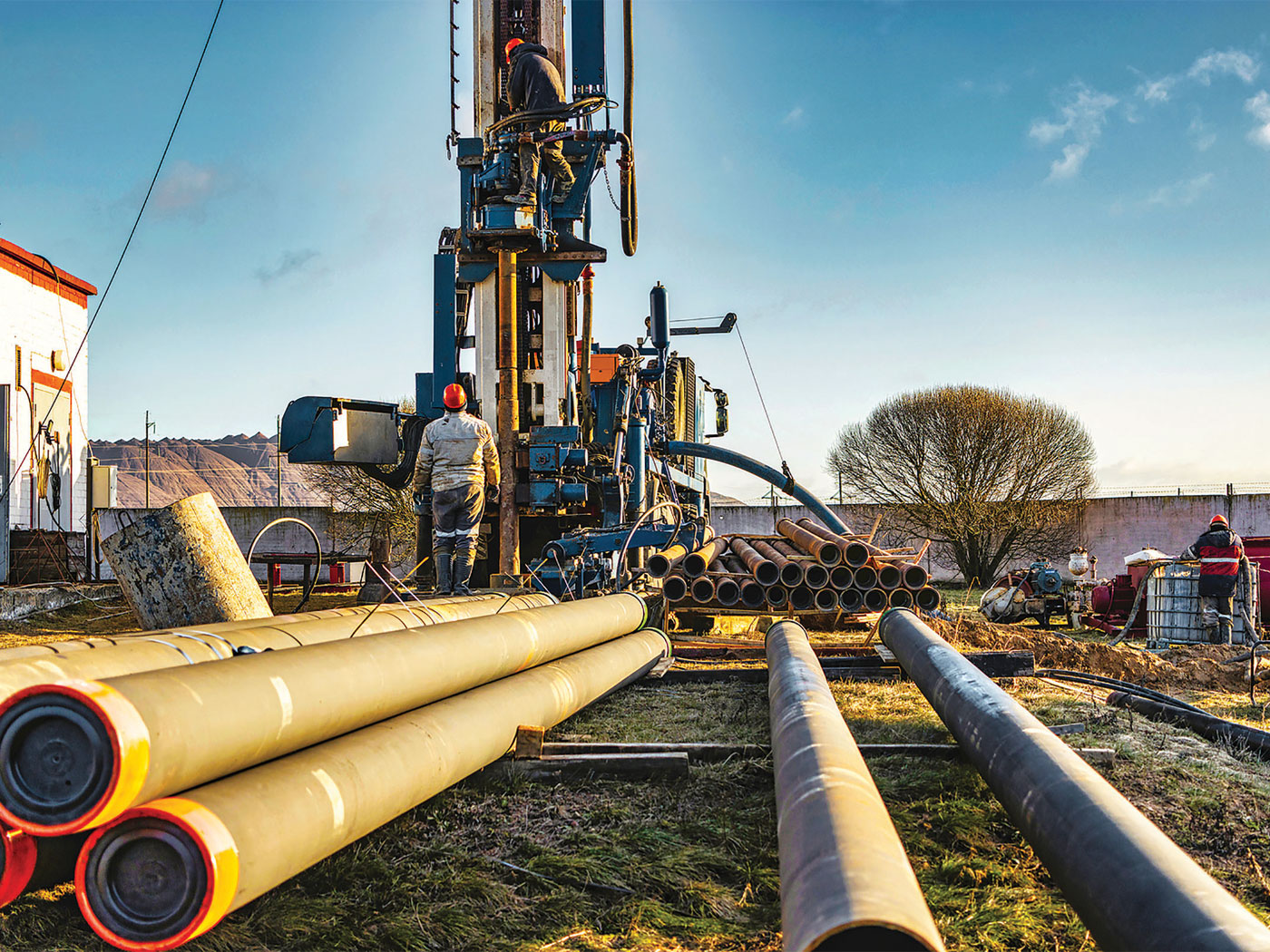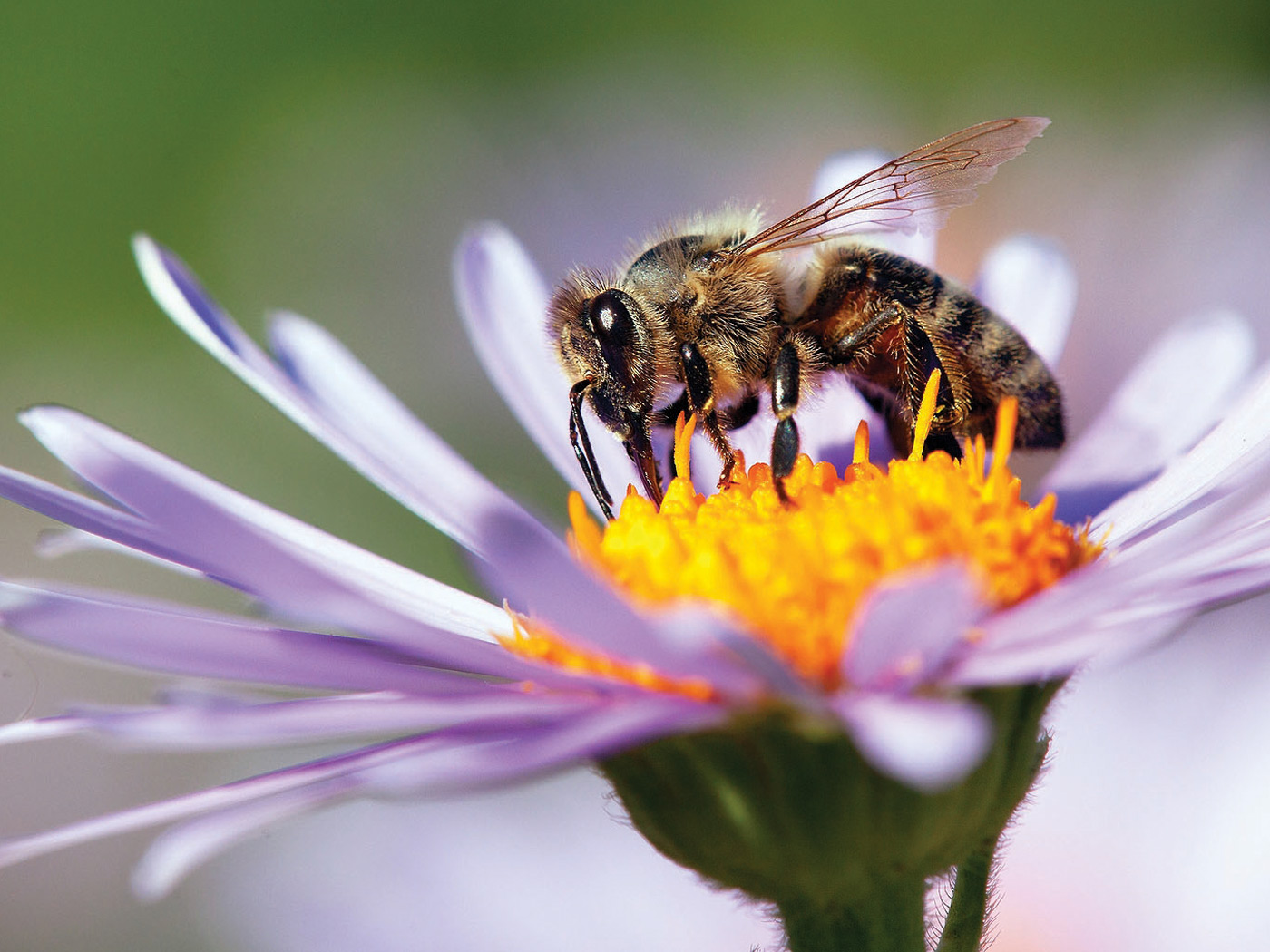
Yeast Adapt, But Don't Evolve
Researchers recently studied yeast populations to test the concept of "evolutionary rescue," which is the supposed ability of organisms to "adapt rapidly through evolution" in response to environmental stress.1 A study of the changes in the single-cell creatures clearly showed that the yeast adapted.

NASA Data Derail Nebular Hypothesis
The solar system is packed with wonders, from examples of geometric precision to evidences of a youthful origin. For over a century, some astronomers have theorized that the sun, planets, moons, and comets of the solar system all coalesced from a single massive swirling cloud of space dust or debris.

The Human Mutation Clock Is Ticking
With more samples of human genomes now available, researchers are able to find solutions to questions that just a few years ago they could only dream of answering. For example, how many new mutations…copying errors within both of each individual's three billion-base-long human genome sets…occur each generation? And do more of them come from one parent or the other?

Missouri Flood Carves 'Badlands' Landscape
In early spring 2011, crop yield in Missouri farmland along the Mississippi River looked promising, with rows of plants just beginning to grow. But record rainfall threatened to overfill the river and flood Cairo, Illinois. The U.S. Army Corps of Engineers was forced open a levee near Bird's Point in southeastern Missouri, upstream of Cairo, to relieve the swollen river.

Latest Soft Tissue Study Skirts the Issues
For the past two decades, paleontologist Mary Schweitzer has been at the cutting edge of research demonstrating that certain dinosaur remains contain original soft tissue. Of course, since this material should have completely decomposed after only thousands of years, none should be left after the millions of years assigned to these remains.






